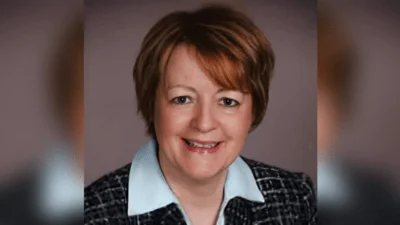David Harris Director the Illinois Department of Revenue | Official Website
David Harris Director the Illinois Department of Revenue | Official Website
Logan County has received a tentative property assessment equalization factor of 1.0000 for 2025, according to David Harris, director of the Illinois Department of Revenue (IDOR).
The property assessment equalization factor, also known as the "multiplier," is used to ensure that property assessments are uniform across counties in Illinois. This process is required by law and is important because many of the state's 6,600 local taxing districts extend into more than one county. Without this equalization, taxpayers with similar properties could face significant differences in their tax responsibilities.
State law mandates that most property in Illinois be assessed at one-third of its market value. Farm homesites and dwellings follow regular assessing and equalization procedures, while farmland and farm buildings are assessed based on productivity standards.
Each year, IDOR determines the equalization factor for every county by comparing the sales prices of properties sold over the past three years to their assessed values as determined by local officials. If a county's three-year average level of assessment matches one-third of market value, the multiplier will be set at 1.0000. A higher average results in a lower multiplier; a lower average leads to a higher multiplier.
For Logan County, assessments are currently at 33.29% of market value based on property sales from 2022 through 2024. The new tentative multiplier applies to taxes due in 2026. Last year’s multiplier was also set at 1.0000.
The announced factor may change if either the County Board of Review makes significant adjustments or if new data is presented showing that IDOR’s estimates should be revised. A public hearing about the tentative multiplier will take place between 20 and 30 days after its publication in a widely circulated county newspaper.
David Harris stated: "A change in the equalization factor does not mean total property tax bills will increase or decrease. Tax bills are determined by local taxing bodies when they request money each year to provide services to local citizens. If the amount requested by local taxing districts is not greater than the amount received in the previous year, then total property taxes will not increase even if assessments may have increased."
The share of tax responsibility for an individual taxpayer depends on their property's assessed value; this portion does not change as a result of adjustments to the multiplier.






 Alerts Sign-up
Alerts Sign-up